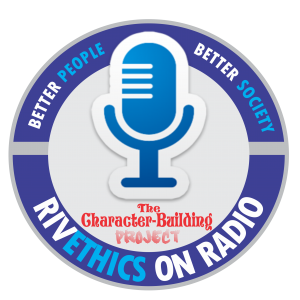Greetings to the sweet and loving people of Rivers State, and welcome to another episode of Rivethics on Radio, our character-building weekend show. Please remember that if children can’t learn the way we teach, we should teach the way children can learn . Our topic today is Autism Spectrum Disorder.
Based on research, experts have declared that Autism is not a disability. Rather, it is a different ability. This is so notwithstanding that the definition of autism is loaded with words like “deficit,” “disorder,” “impaired” and “restricted.” That is to say that autism does not diminish a person as a human being. Autism is not a disorder of thinking or a lack of intelligence. Autism is not a disease that we should try to cure. Rather, it is a challenge we should try to understand. We must be aware that kids with autism can experience sensory overload and that creating teaching opportunities around an autistic child’s interests can help him learn. We must also be aware that Autism can affect every sense: sight, sound, smell, taste and touch.
Though the senses of autistic persons may be overwhelmed,and their bodies may be disorganized or uncooperative, but their minds are far more competent than is apparent. As we discover more people with autism who eventually develop speech or other ways to communicate, we realise the same thing again and again: “They are smart and we must tell it.”
From the foregoing, our responsibility is to presume that people with autism are competent, and then go about looking for ways to help them demonstrate it. If you’re a parent, tell your child what’s going on in the family, in the world — all the interesting things that you would share with another child. Hold up your end of the conversation even if they don’t hold up theirs. Create teaching opportunities out of their own interests. Give them the dignity to be embraced as ordinary people who need to discover themselves. Teach them and read to them even without needing a test at the end. Assume that they listen; that they appreciate; that they love, while we keep looking for ways for their mouths or their hands to tell us.
Love is essential here. We must love them as they are. Not love them for who they might have been without autism, or for who they might be if they were “cured,” but as people who need to be nothing other than who they are, to be loved and accepted. Because when we do that, we open the door for them to share a meaningful life with us, without having to take an admission test. We start seeing the gifts of people with autism, not the limitations. We start to think less in terms of disability and more in terms of humanity.
Our guest speaker this weekend is Mrs Ijeoma Abudasim. She is a PhD Research Student at the Department of Educational Psychology Guidance and Counseling at the University of Port Harcourt. She will throw more light on the subject. Please enjoy the episode.
Our dutiful Rivers People, please remember to always let your manners speak for you.
God bless and keep you and your families and God bless Rivers State.
Her Excellency, Justice (Mrs.) Eberechi Suzzette Nyesom-Wike, The wife of the Governor of Rivers State and initiator of the RiveEthics Character Development Programmme.
You can also listen to and download the Pidgin English version of this Episode below

